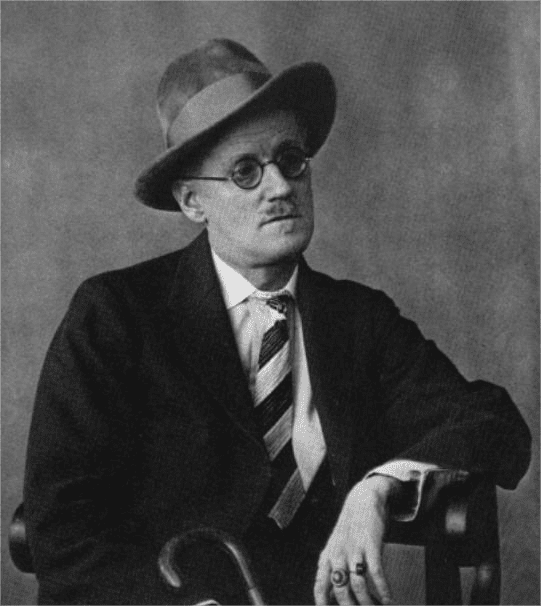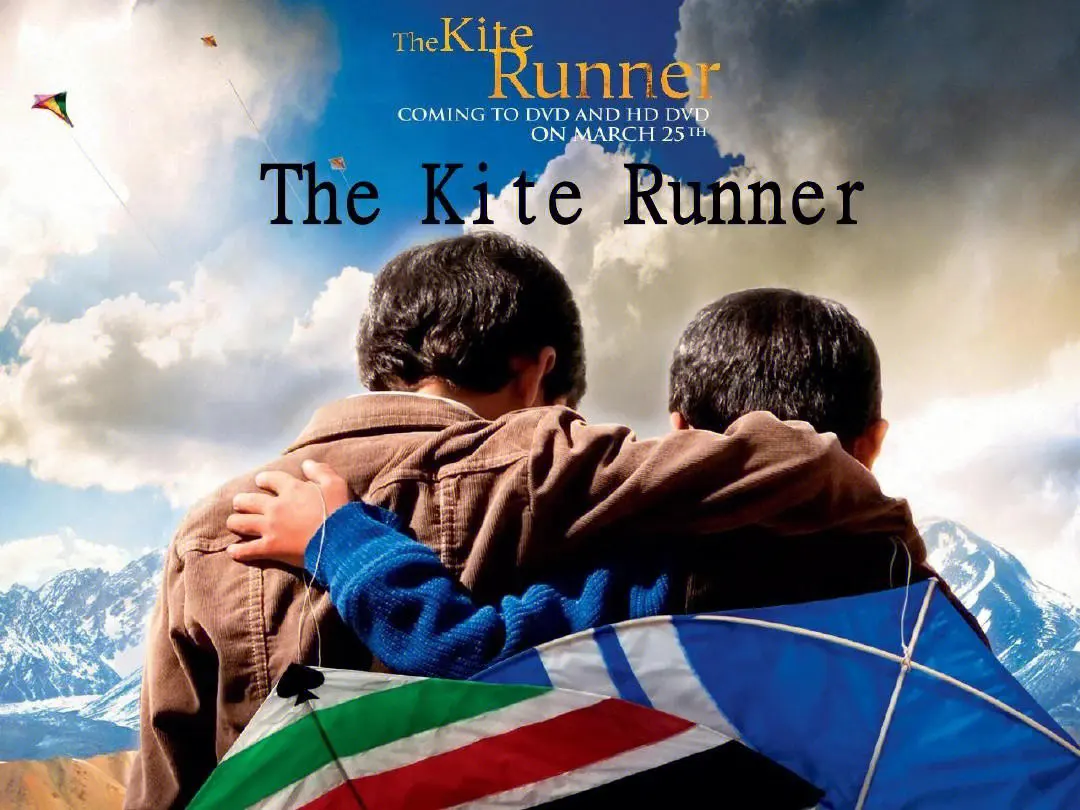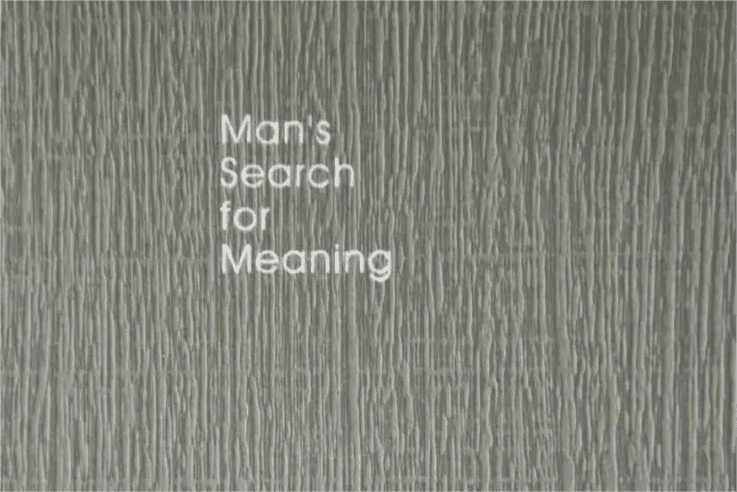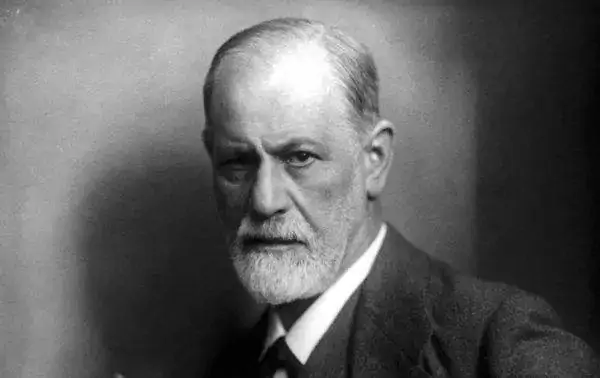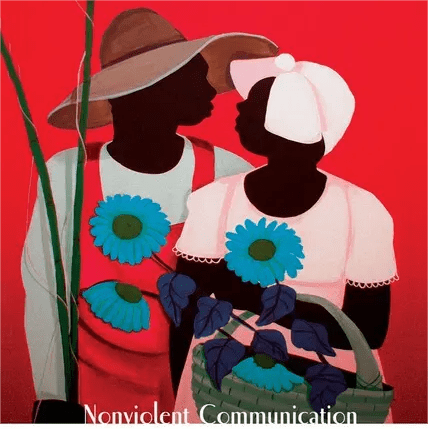On weekend nights, thick curtains cut off the cold and dark outside, leaving the house warm and bright. A soft light falls on the table where the first of Fifty Great Short Stories is spread out: Bruno. Schulz’s “Birds,” and a cup of hot tea by the book enshrouds the quiet, peaceful evening.
Quietly, without any emotional presupposition, I was moved for the first time by Schultz’s words, across time and space, into the world he described…
World War I, which ended 100 years ago, gained Poland’s independence, but it also cost it 450,000 lives, nearly 2 million buildings were destroyed, and 11 million hectares of farmland were destroyed. With the rise of Soviet and German power in the mid-to-late 1930s, Poland’s situation became increasingly difficult. After the First World War and before the Second World War, Poland suffered heavy losses, suffering from internal troubles and foreign conflicts. It is under this background that Schulz, as a middle school picture teacher, took up the pen and wrote down a small number of but precious classic works.
As you can guess, Bruno in the novel. The urban scene that Schulz describes is the small city of Drogovich, which he almost never left during his life. The town was part of the vast Austro-Hungarian Empire when Bruno Schulz was born in 1892. Between the wars, when Bruno Schulz began writing, it was assigned to the Second Polish Republic; After the beginning of World War II in 1939, Poland was divided between Nazi Germany and the Soviet Union, and Drogovitch became a small city in the westernmost part of the Soviet Union. When Nazi Germany invaded the Soviet Union in 1941, Drogovitch was one of the first towns captured by the German army. Due to the large number of Jews in the city, the Nazis established a huge Jewish exclusion zone here. Bruno Schulz died under Nazi occupation in 1942; Drogovich returned to Soviet rule in 1944, and after the collapse of the Soviet Union, it was incorporated into the territory of Ukraine. This changing town, with its vicissitudes and tribulations, in a sense also fits Schultz’s brief and tragic fate.
Winter in Drogovich in the 1920s was cold and boring. The whole town was dilapidated, dark, and bleak. Even the flimsy wooden attics were “like the dark lungs of a winter wind,” and the chimneys and vents that emitted smoke in the morning to signal the start of the day’s work were “like devil’s ducts!”
In the opinion of most people, in the records of ancient witchcraft books, crows, like black cats, are often synonymous with death, fear and bad luck. Crow’s crow is regarded as a bad omen and an ominous omen. People believe that crow’s call will take away people’s life and take away the soul, so crows are hated by people and considered as the great bad bird. Schulz’s crows are even more dark, “black leaves” that fly in swarms like “lumps of soot and flecks of soot” and their calls “darken the cloudy sallow light of the morning.”
Imagine, living here Schultz has what kind of mood and situation? And the days are like “last year’s bread” — hard, uninspiring, “unappetizing,” “lethargic.” How long it takes!
The opening paragraph of The Birds, Bruno. By depicting in delicate details, Schulz completely presents the depressed and painful emotions, making people feel the external pressure invisibly, which is suffocating and desperate. I don’t know, how strong heart can survive in such an environment?
It was in such an environment that his father could only “stay indoors” when his business closed and he faced bankruptcy. But unlike Belikov in a condom, he had his own pleasures and ideas, and he was eager to find pleasure and satisfaction. Find a sense of presence in cleaning and repairing the room, use the ladder as stilts, “shuttle in the painted sky”, satisfied with the “bird’s eye view”… He had created an alternative world for himself, even though “he was drifting away from the mundane things of real life,” even though he wanted to stay away and escape.
One way to keep the father in a corner of the house where he can escape is to buy expensive eggs from Germany, Holland and even Africa and hatch them into chicks. No matter what the birds look like — even if they are weird in color, hoarse and greedy like “tumors of life” — their father takes care of them and acts as “matchmakers” for their reproduction, building Noah’s Ark, the inn of birds, at home. The father at this time is the king — the king of the kingdom with so many different kinds of birds!
In such a terrible reality, my father put all his faith in those birds, those who can fly, but can not fly, can call, but can not let people understand the heart of the birds!
Tagore said, “My heart, the bird of the wilderness, has found its sky in your eyes.” Perhaps the heart of Bruno Schulz’s “father” is so soft and deep. He finds his home and sustenance in a non-human bird, which is far from being able to give him in real life. It is only when he is with the bird that he is happy and has the “fleeting glory” and the meaning of life.
Bruno Schulz’s “The Birds” conveys to the reader a sense of confinement in a nightmare, of hopeless worry, irritation, panic terror, and, at the same time, a little hope, a little longing. These birds raised by “father” may be the little hope left in Schultz’s heart.
Adela, the maid in “The Birds,” is supposed to be a key character in a story with twists and turns. “She” should be a sweeper, on the one hand, she cleans the house, on the other hand, she also plays the role of the “angry priestess of Dionysus”, releases all the birds that “father” carefully nursed, uses a long broom as the “Dionysian staff”, “dances the dance of destruction”, completely defeats “father”, drives him off the “throne”, and accepts “any form of surrender” with anxiety and shame.
Adela’s simple actions destroy the “kingdom” that “Father” has been struggling to build, the whole story to the climax, and then “Father” is defeated, “the cliffhanger ends the story. I want to use Tagore’s words again, “Is it my soul who wants to go out that oppresses me, or is it the” soul “of the world that knocks at the door of my heart and wants to come in?” It may be appropriate to reflect the anxiety and shame of “father”.
The entire text is only Bruno in the first person. Schultz is talking, without any dialogue. This kind of telling is not only like Xianglin sister-in-law’s self-talk, but also like “little wine man” Fan Ainong’s drunken raving, or a kind of silent accusation and resistance through scene rendering. There is anger and warmth, despair and hope. Schulz’s world is rooted in the depths of the human unconscious, in a primordial, unformed universe, and therefore full of fluid, limitless possibilities – “life explodes on every page,” in David Grossman’s words. His world should be like a bird longing for the blue sky, eager to fly!
Everyone has “dark nights of the soul,” just like Thomas. Moore said that “everyone’s life is made up of light and darkness, joy and sadness, omission and exhaustion,” but “life must go on, even if you don’t know where it is going.” Schulz did not escape his fate in the end, and without warning, he fell victim to a vengeful Nazi gun. Although his life was short, he kept talking to his soul in the other world with his words and paintings. Even without wings, the soul still needs to fly!
The warmth and brightness bring me back to reality from the sadness and sadness of reading. “The wise love mountains, the benevolent love water”, and the philosophical people love birds, like birds to find their own spiritual home in the blue and vast.
Birds are the companions of the human soul. You hear joy and sorrow in their song, and in the flutter of their wings they carry it to the sky and far away… You stare at the elegant figure, in fact, is not a kind of desire and release?



